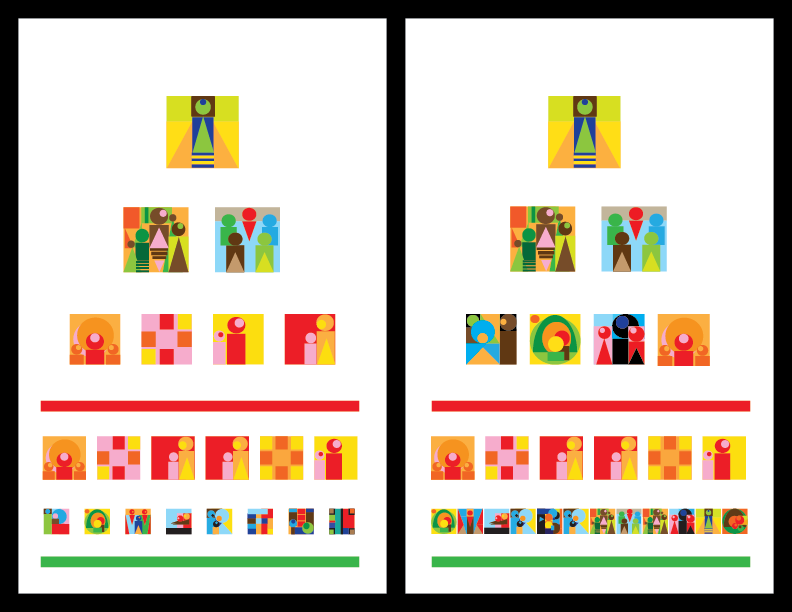Celeste Cruz

I am powerful, I am not overdramatic

Celeste responds:
What are some challenges that you feel students of color might face at CSUF?
I think that students of color face challenges of experiencing microaggressions. Although some statements are not intended to hurt us and some people might mean well, the outcome is what is important. For example, I have been told, “You speak English very well.” My first thought is, “Wow. They think I am articulate.” Of course, I know English well. I’ve been speaking it since I uttered my first words. I know what they were trying to say. They did not expect me to speak English well because I am Hispanic. Microaggressions like this are harmful because they happen multiple times.
I also think that when it comes to my identity, I try to juggle all these different aspects of myself. I am a student who is passionate about my work. I study long hours and have involved myself in my field by working alongside amazing Professors. I also love listening to Spanish music, speaking in Spanish, going to Mexico to visit my family, and holding onto my culture’s traditions that are special to me. I was often misunderstood as some did not view me as “American,” because I held pieces of my culture dear to my heart. This is when I would ask myself, “do I belong here?” When you feel like you do not belong, it can make things like learning difficult as you become distracted with these types of questions. However, I have learned that I have various aspects of myself that make me who I am. All these pieces are part of my identity, and I do not need to just “pick one.”
If you were to complete the statement “I am not” how would you complete this statement and what is important to you for others to know.
I would say that “I am not overdramatic.” A common stereotype for Latinx women is that we exaggerate or have a short fuse. In the media, we are portrayed as people who have bursts of anger or are overly jealous. This can make it dangerous for our mental health as we feel like we may be dismissed for feeling the way we do. It can make it hard to speak up about things or defend ourselves when we are not being respected. Working to dismantle the stereotype is something that I view as an essential part of making college a safe space to learn and grow.
If you were to complete the statement “I am” how would you complete this statement and what is important for others to know about you?
I would say, “I am powerful.” When I was talking about the lack of representation of people of color, it is important to remind myself of all the hard work I have done to accomplish my goals. I am powerful because I have persevered through obstacles and made it to my dream of going to college. I hope that with the education I have received and will continue to receive, I will empower others to ensure that they feel like they belong in places of higher education. Which is why contrary to the negative connotation that the word “overdramatic” holds, I am reframing it in a positive light to say that “I am powerful.”
In your work as Undergraduate Course Assistants, as you’ve reviewed the students work what things you learned from either the research, the narratives or the illustrations? What are you inspired to do as a result?
The illustrations were very powerful because it showed me how I am not alone when it comes to my experience as a Latinx woman. I see that others are experiencing the same types of feelings and their illustrations capture our life experience. In the illustration called La Morena by Stefania Rico, I felt very heard. Rico writes, “…my sex, the color of my skin, and my demeanor, may be misjudged.” Keeping this in mind, it inspires me to be sympathetic to everyone’s situation as a person of color. It inspires to want to discuss these types of things with Professors who should be aware of these experiences to provide a safer learning environment. I hope that in the future I can take steps to make learning a safe place for students.
